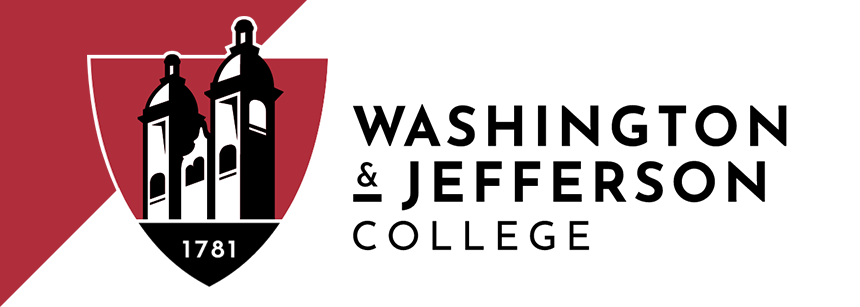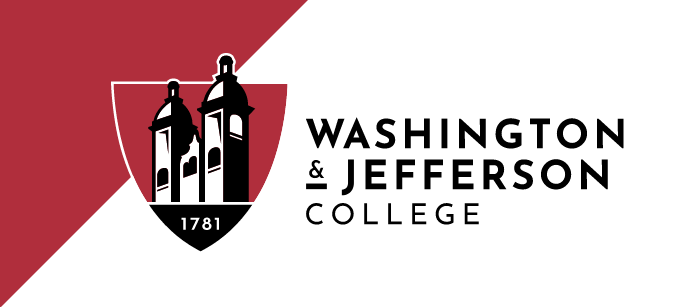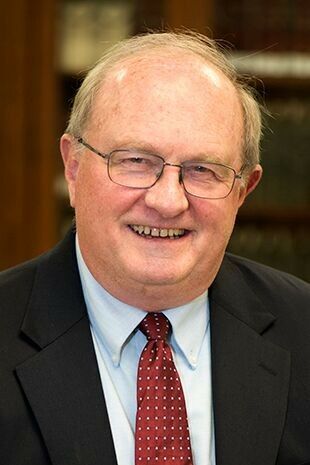The Public Policy Program combines political science, sociology, philosophy, economics, social psychology, history and other academic fields to create a rigorous, interdisciplinary major. It is intended for individuals who seek to analyze public policy issues and implement solutions based on qualitative and quantitative research.
The program is designed to give students the tools and background needed to understand the role of public policy in society, how public policies are developed and implemented, appreciate the conflicts in fundamental human values that often animate policy debates, understand the political constraints faced by policy makers, assess the performance of alternative approaches to policy implementation, and how to evaluate policy options.
See courses and more information in the W&J College Catalog.



